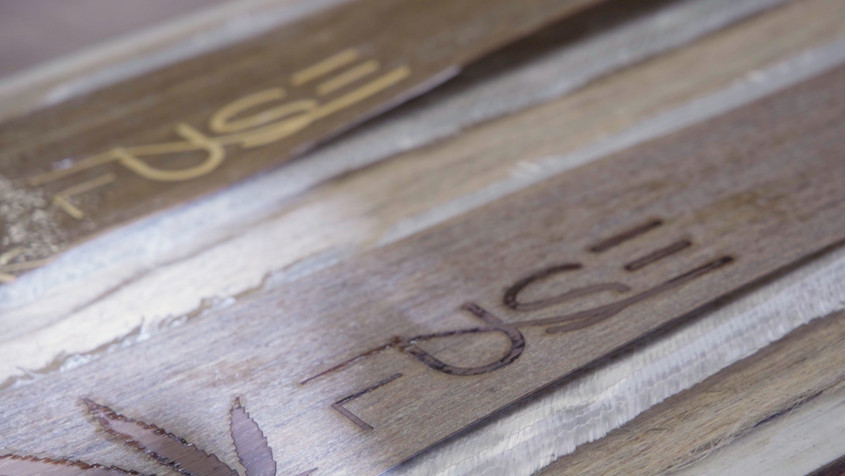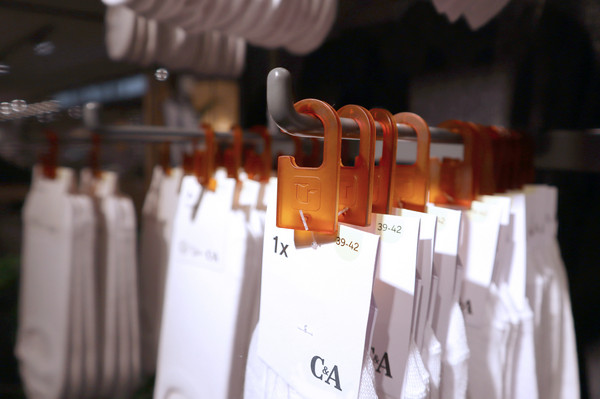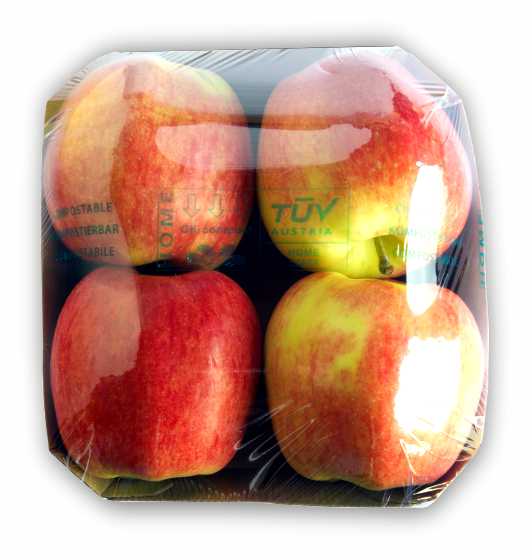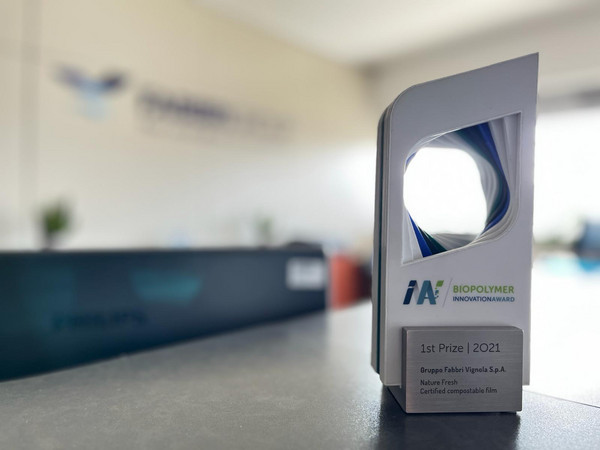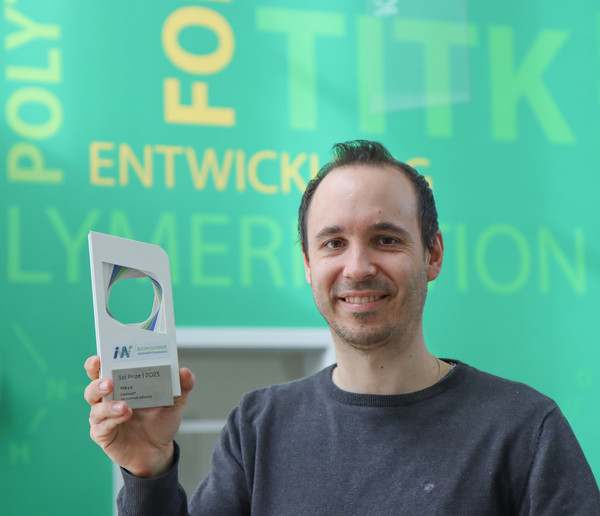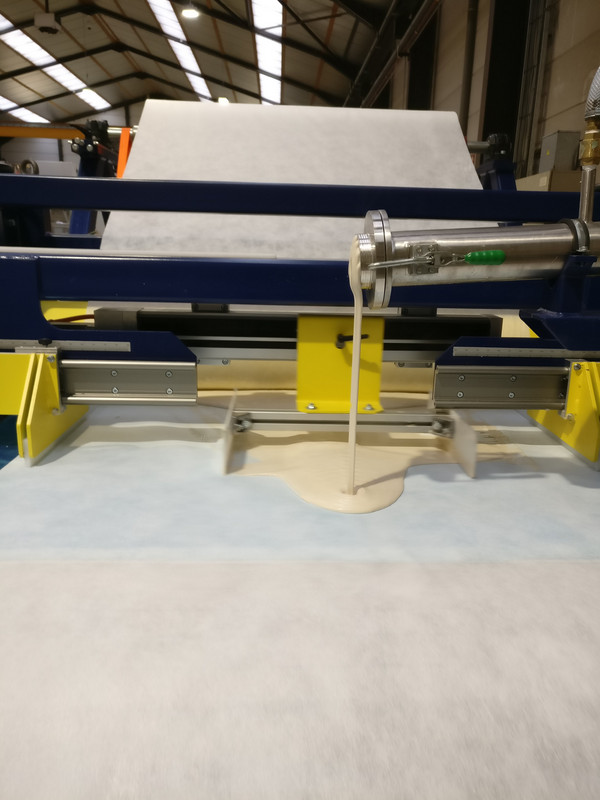Dieser Artikel erschien im Fachmagazin PLASTVERARBEITER, Ausgabe März 2024. Plastverarbeiter ist Medienpartner des BIOPOLYMER Innovation Awards. Wir publizieren auf unserer Website die englische Version des Beitrags.
Since Kay Kölzig received the 2nd prize at the BIOPOLYMER Innovation Awards in June 2022, the winning “FUSE HMBP-Thermo UD-Tapes” from SachsenLeinen (SaxoniaLinen) GmbH have caused a stir. “Together with the German snowboard manufacturer Silbaerg, we won the ‘Natural Fibrenamics Award’ a year later and the ‘JEC World 2024 Innovation Award’ in Paris a few days ago,” says the company CEO from Markkleeberg near Leipzig. The UD tapes – tapes made of unidirectionally aligned natural fibers in a matrix of bioplastics – will replace the usual glass fiber layer in Silbaerg snowboards in the future. The same aim is to be achieved with hemp-based UD tapes in another research project for skis in which several manufacturers are involved.
The success even resulted in a new name: “Since February we are no longer called SachsenLeinen, but rather FUSE GmbH,” explains Kölzig. Series production of the eponymous FUSE UD tapes is scheduled to begin this year. According to the managing director, the BIOPOLYMER Innovation Award is not entirely innocent in this development: “The award helped us to become visible with our new products. We received a lot of inquiries.”

